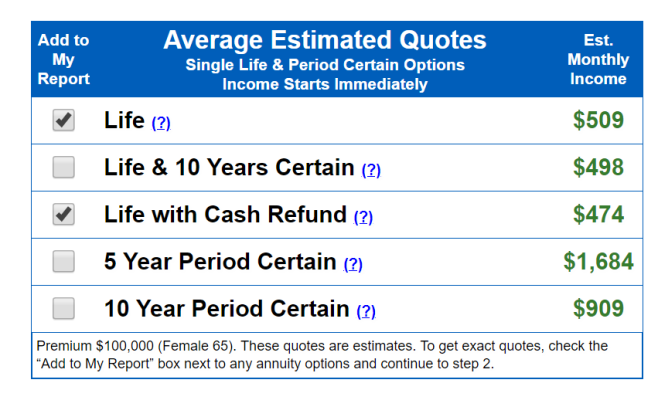... with the stipulation that if you died early, the money was gone?
That 6.5% over 30 years is effectively what my pension buyout would need to earn in order to equal the pension payments.
Either I take $14000 lump sum now and roll it into my IRA, or I keep the pension and wait 30 years to get paid $4500 a year in nominal dollars, regardless of inflation.
Pros for keeping pension:
- the pension is a guaranteed return
- the pension is like longevity insurance
Cons for keeping pension:
- if I die before 65 I get nothing
- if I die before early 80s it probably wasn't worth it
- no money for heirs (though no spouse or kids so not a big deal)
- pension will make taxes a little more more complicated
- $375 a month probably won't mean much in 30 years anyway
Right now I'm leaning towards rolling it into the IRA and being done with it, but am looking for any what-ifs that I might be missing.
That 6.5% over 30 years is effectively what my pension buyout would need to earn in order to equal the pension payments.
Either I take $14000 lump sum now and roll it into my IRA, or I keep the pension and wait 30 years to get paid $4500 a year in nominal dollars, regardless of inflation.
Pros for keeping pension:
- the pension is a guaranteed return
- the pension is like longevity insurance
Cons for keeping pension:
- if I die before 65 I get nothing
- if I die before early 80s it probably wasn't worth it
- no money for heirs (though no spouse or kids so not a big deal)
- pension will make taxes a little more more complicated
- $375 a month probably won't mean much in 30 years anyway
Right now I'm leaning towards rolling it into the IRA and being done with it, but am looking for any what-ifs that I might be missing.



